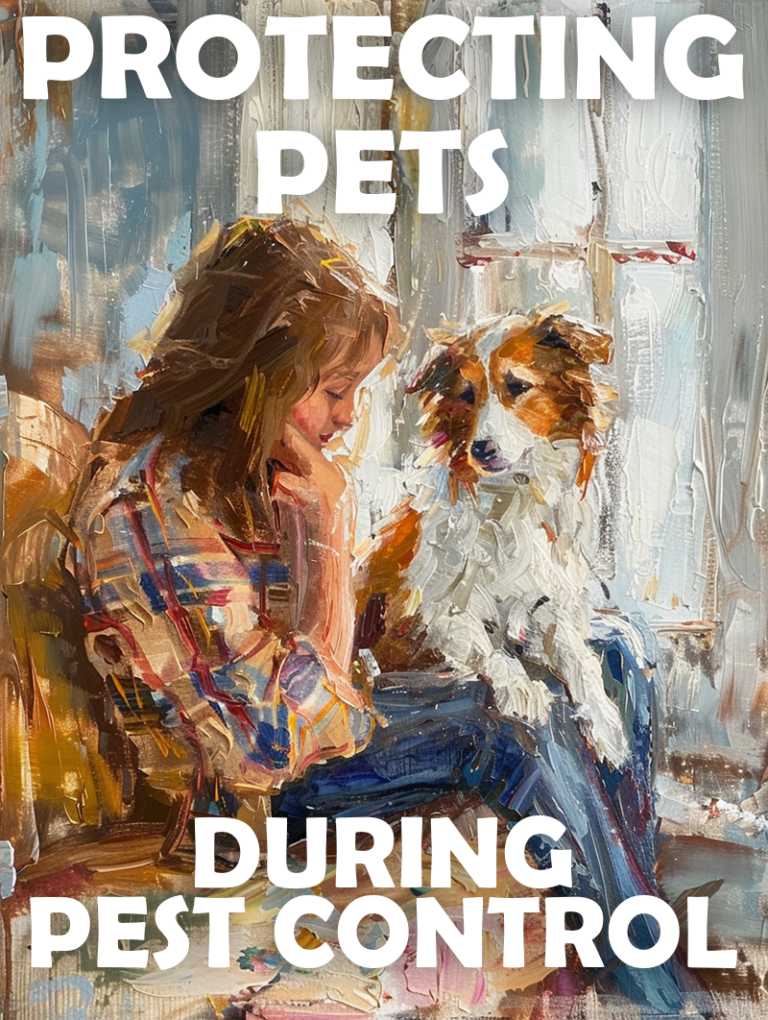
Protecting Pets During Pest Control: Tips for Responsible Owners
As pet owners, we cherish the companionship and joy our furry friends bring into our lives. However, when faced with the need for pest control in our homes, concerns about our pets’ safety and well-being understandably arise. How can we ensure their comfort and safety while effectively dealing with pest issues? In this guide, we’ll explore the best practices and considerations for managing pets during a pest control treatment, offering peace of mind to both you and your beloved companions.

Understanding the Risks

Preparing Your Home
Ask your pest control specialist how you can prepare. Then take proactive measures to prepare your home and minimize potential hazards to your pets. Secure all food and water dishes, along with any pet toys or bedding, in areas that will be treated. Seal off any access points to areas where pests are typically found, such as under sinks or behind appliances, to prevent your pets from inadvertently coming into contact with pesticides.

Temporary Relocation
In some cases, the safest option for your pets during a pest control treatment is temporary relocation. Consider boarding your pets at a trusted facility or arranging for them to stay with a friend. Your pest control specialist will tell you if this is necessary. If so, they can also tell you when the treatment is complete and the environment is safe for their return.

Safe Confinement
If temporary relocation is not feasible, ensure your pets are safely confined. Confine them away from treated areas during the pest control process. This could involve confining them to a specific room or area that will not be treated, ideally with access to food, water, and their favorite toys or bedding. Be sure to communicate with the pest control professionals about the location of your pets to ensure they can work safely and effectively.
Your Pets are Important to You and Your Pest Control Specialist
Navigating pest control treatments as a pet owner can be daunting, but with planning and consideration, it’s entirely manageable. By understanding the risks, preparing your home, and taking appropriate precautions, you can ensure the safety and well-being of your pets during the pest control process.







